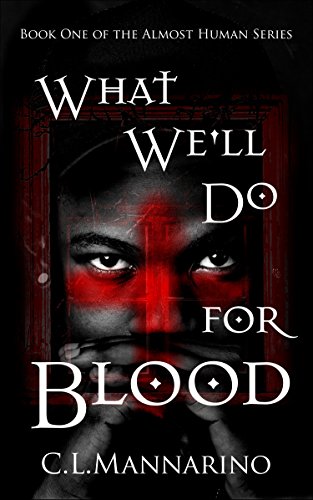
This is not political intrigue. This is Riverdale with pointy ears, except Riverdale goes harder. A million possible worlds to explore, untapped legends to excavate, and you set your story in…fairy high school. Instead of plot, we get 200 pages of Cardan, the hero (?), sexually harassing Jude, the heroine, in a high school that she could easily drop out of, but won’t because she has to ‘prove herself’ to fairies who want her raped and dead. Fine, people concoct unrealistic fantasies in response to abuse all the time, and I love nothing more than a character from a despised class who claws their way up to the top, but the fantasy isn’t that all the terrible people respect you in the end and Really Acknowledge that You’re a Team Player. The fantasy is that you have the court in such a chokehold that everyone hates you and can’t do anything about it. Am I doing power fantasies wrong?

Jude wanting the respect of would-be rapists isn’t bad writing, maybe she’s in a bad place or whatever, but the narrative rewarding her delusions is a terrible, unrealistic ending. I could go on Twitter and talk about how much of a tradwife I am to get culty misogynists to respect me. BUT WHY. WHAT DO I GAIN. Am I not better off if I leave the cult compound for good?
Jude refuses to leave the fairy cult (AKA the High King’s Court), despite signs that humans are treated better in other fairy societies. She has the option of leaving Fairy Land with her sister, Vivi, but doesn’t take it because she loves Fairy Land, which I would have bought if the book had focused less on her high school wannabe rapist boyfriends. Even if she has no friends and likes spending time with nature, I would need more nature descriptions, more long walks, more flowery poetry…
Maybe I should read Mysteries of Udolpho instead. Anyway.
I also wasn’t convinced that Jude could attain power that easily without facing obstacles and resistance that should have logically popped up. Am I supposed to believe that Madoc killed two people to get custody of his heir, Vivi, but is totally okay with the HEIR TO THE THRONE noping off to the human world with minimal supervision for a few years so that he can be “saved from the corruption of the Fae” instead of, idk, learning to rule his future kingdom? Oak is the heir to the kingdom in a family where the fairy father murdered his human ex-wife and got away with it. That corruption arc has already sailed.
What has Jude accomplished, besides making a more complicated version of Madoc’s plan and involving Cardan, a ticking time bomb who doesn’t want to be on the throne and is also friends with her attempted rapist, Locke (it was strongly implied). Oak becomes the king either way. Why get involved in this nonsense? The safest position for Oak is on the throne, according to the magical laws that govern their inheritance. Delaying his coronation and playing games with spare heirs and sending him to the human world is delusional. Why? Because Jude wants so badly to be a Team Player and Influence Things. This is all about ego, not her brother.
Then there’s the lack of communication in Jude’s family, which puzzled me. Sure, they hate each other, but in a political family like theirs, everyone has a job. You have to talk to coworkers you don’t like to make sure you’re betraying the same people and not accidentally siding with opposing factions (NOT THAT THIS WILL COME UP OR ANYTHING). If the family is supposed to be read as incompetent, that’s one thing, but they’re not? Madoc is shown as a formidable and deadly foe. If anything, reading between the lines, Jude gives Madoc one more reason to betray Dain because she’s given a psycho fairy prince (Dain, not Cardan) power over her life. I hate this book for making me stan the guy who killed his ex-wife, but everyone else is that dumb.
The only character who’s written well is Locke, who’s a scumbag, but I hated him for the right reasons. If I was supposed to interpret Jude as an incompetent dingbat who’s an unreliable narrator, I apologize.
Maybe I’m too old for YA, but I never want to read a book set in high school again.









